Jan 15, (V7N) - The political landscape of South Korea has been significantly shaken by the arrest of President Yoon Suk Yeol, marking a historic moment as he became the first incumbent South Korean president to be arrested. The arrest comes amid intense political turmoil, legal scrutiny, and his impeachment, leading to a constitutional and legal battle that will likely shape South Korea’s political future. Yoon's presidency, which began in May 2022, has been fraught with controversies, scandals, and political infighting, contributing to his eventual downfall. The situation has gripped both South Korea and the international community, highlighting the precarious nature of political power and the rule of law in one of Asia’s most vibrant democracies.
The drama began on December 3, 2024, when President Yoon declared martial law, citing what he claimed were widespread incidents of election fraud that threatened the integrity of the nation’s democracy. This move shocked many South Koreans and rattled the country’s economy, leading to unprecedented political instability. The declaration of martial law was swiftly condemned by political opponents, lawmakers, and various civil society groups. The martial law was never enacted but had far-reaching consequences, including a swift impeachment vote by parliament. On December 14, the National Assembly voted overwhelmingly to impeach Yoon for his martial law declaration, accusing him of overstepping his powers and threatening democratic principles. This impeachment decision marked the beginning of a dramatic legal and political standoff between Yoon and his political adversaries.
Since his impeachment, Yoon has been holed up in his residence in the affluent neighborhood of Seoul, heavily guarded by presidential security forces. His residence, situated in a hillside area of the city, became the focal point of tensions, with authorities attempting to arrest him multiple times in the weeks following the impeachment. Despite the presence of more than 3,000 police officers and investigators from the Corruption Investigation Office for High-ranking Officials (CIO), which was tasked with leading the criminal investigation into his alleged insurrection, Yoon initially resisted arrest. This resistance became a high-stakes political battle as Yoon’s refusal to comply with the arrest warrants galvanized his supporters, leading to large protests in his defense.
In a statement issued as he was being arrested, Yoon acknowledged that he was submitting to questioning despite considering the investigation to be illegal. He argued that his cooperation was necessary to avoid violence and bloodshed, thereby positioning himself as a martyr fighting for what he believed to be the nation’s future. This decision to submit to questioning after weeks of resistance came after authorities escalated their efforts, marching to his residence in the early hours of January 15 with the intention of executing the arrest. Yoon’s eventual arrest, and his subsequent questioning at the CIO office, drew attention both within South Korea and internationally.
Yoon’s arrest has been a significant moment for South Korea, as it is the first time in the country’s history that a sitting president has been arrested. The constitutional and legal process following his arrest will be critical in determining the future of his presidency and whether he will remain in office. South Korean law allows for the president to be impeached by parliament, but the Constitutional Court must review the impeachment and make a final ruling. This court decision will ultimately determine whether Yoon will be permanently removed from office or reinstated as president. The court’s deliberations are ongoing, with no clear timeline for when a decision will be made.
The political ramifications of Yoon’s arrest are far-reaching, both domestically and internationally. Within South Korea, the impeachment and subsequent arrest have highlighted deep political divisions and heightened tensions between different factions. Yoon’s political party, the People Power Party (PPP), has been facing significant opposition, particularly from the main opposition Democratic Party (DP), which has taken a hard stance against his presidency. However, despite the widespread disapproval of his martial law declaration and the scandals surrounding his presidency, Yoon still maintains a substantial base of support, especially among conservatives and nationalists. Many of his supporters see him as a victim of a political witch hunt orchestrated by his enemies in the establishment, and they view his arrest as an affront to democracy.
Protests in support of Yoon have been significant, with demonstrators waving South Korean and American flags and displaying signs that echo the rhetoric of election fraud. Some have even drawn parallels between Yoon’s situation and that of U.S. President Donald Trump, who also faced impeachment and claimed voter fraud played a role in his loss in the 2020 presidential election. This comparison highlights a broader sense of political and ideological alignment between certain factions in South Korea and the U.S., particularly among those who view Yoon as a champion against perceived political forces that seek to undermine national sovereignty.
Despite this support, the political reality remains that Yoon’s presidency has been marked by scandal, public discontent, and diminishing political capital. Yoon’s handling of his personal and family scandals, particularly those involving his wife and allegations of corruption, has only added to the perception of his presidency as beset by incompetence and mismanagement. A significant scandal emerged when it was alleged that Yoon’s wife had accepted an expensive Christian Dior handbag as a gift, a scandal that resulted in public apologies from Yoon but no significant legal consequences. Moreover, an investigation into allegations of stock price manipulation involving his wife and her family was dropped by prosecutors, despite public outcry. These scandals have overshadowed Yoon’s foreign policy successes, particularly his efforts to improve relations with Japan and strengthen security ties with the United States.
On the international stage, Yoon’s arrest and the political turmoil surrounding his presidency have drawn attention from key allies, including the United States and Japan. The White House expressed its commitment to supporting South Korea’s democratic processes, emphasizing the importance of acting in accordance with the Constitution. Japan, too, has expressed concern over the unfolding developments, given the strategic partnership between the two nations, particularly in the face of growing geopolitical challenges posed by China and North Korea. Both the U.S. and Japan are watching the situation closely, as Yoon’s leadership has been pivotal in navigating regional security dynamics.
As South Korea grapples with this unprecedented crisis, Yoon’s fate remains uncertain. His political future rests on the outcome of the Constitutional Court’s review of his impeachment and his ongoing legal battles. The nation’s democratic institutions will be tested in the coming weeks and months, as the court weighs the legitimacy of the impeachment and whether it will set a precedent for the future of presidential accountability in South Korea.
In conclusion, Yoon Suk Yeol’s arrest represents a historic moment in South Korea’s political history. His presidency has been marked by controversy, legal battles, and political polarization, culminating in his impeachment and arrest. While some South Koreans rally to his defense, believing he is the victim of a political conspiracy, others see his actions as a threat to democracy. The outcome of his impeachment and the ongoing criminal investigations will shape the future of South Korea’s democracy and its political landscape for years to come. As the country navigates this turbulent period, the world will be watching closely to see how South Korea’s institutions respond and whether they can weather the storm of political crisis without sacrificing democratic principles.
END/WD/RH/



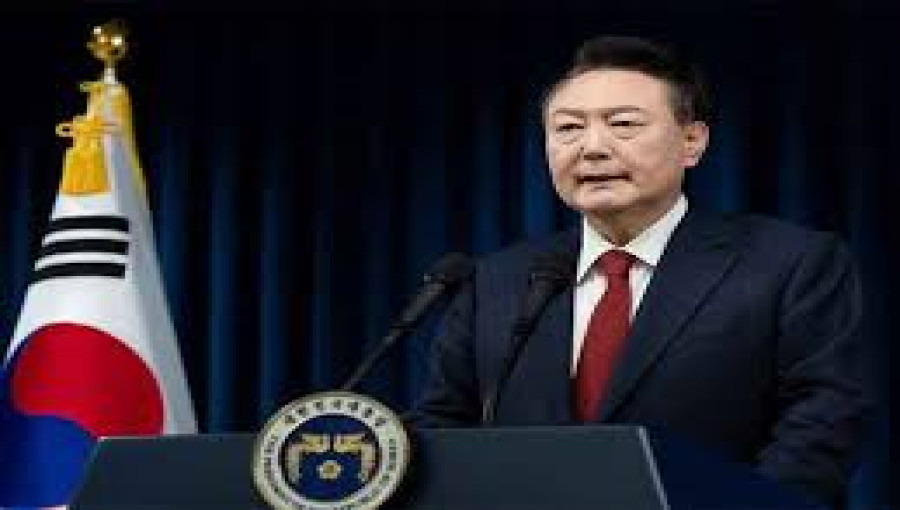
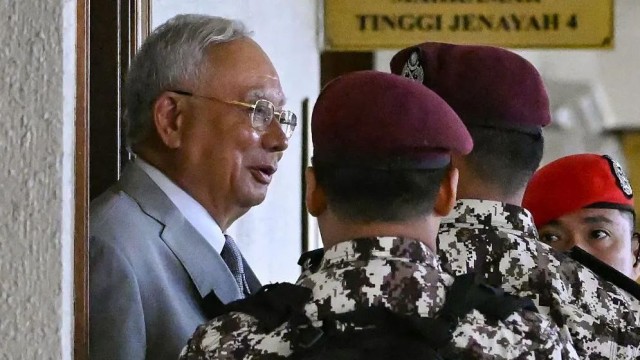
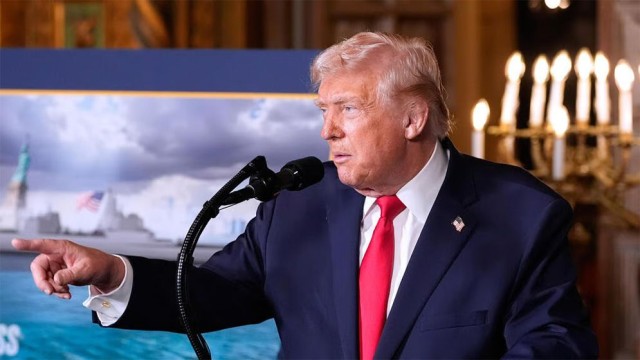
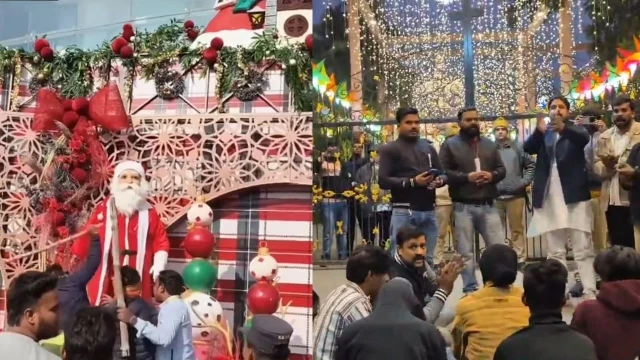
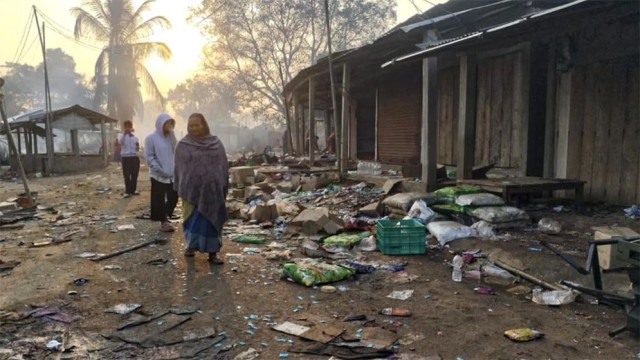
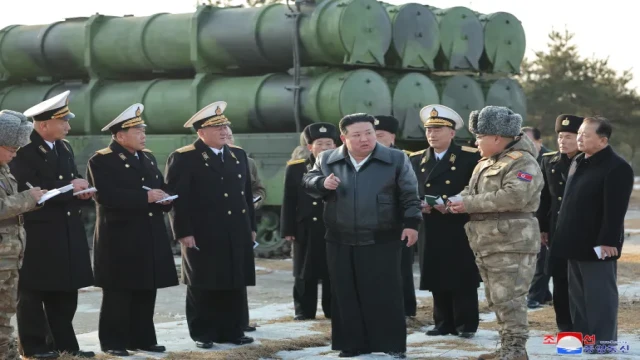
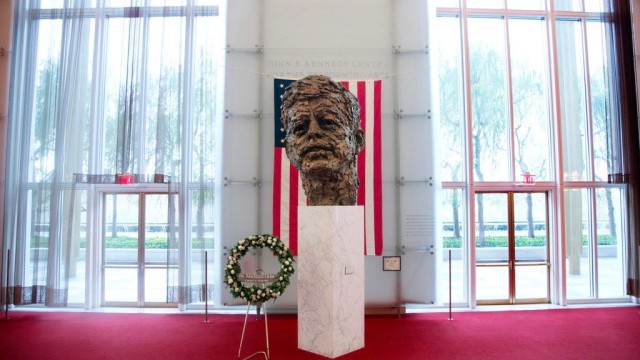
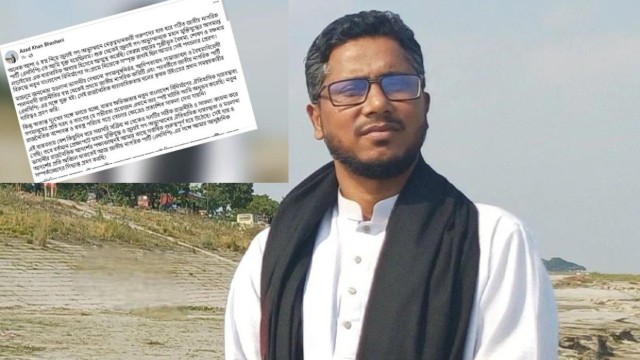
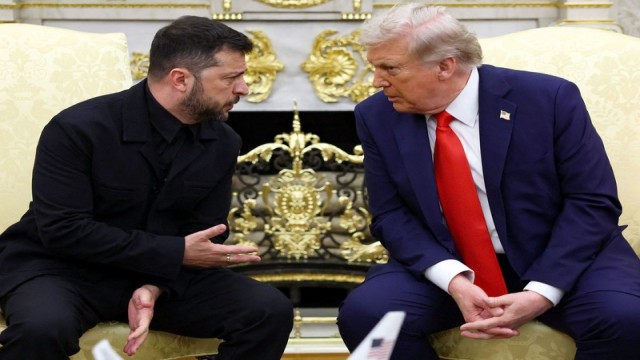

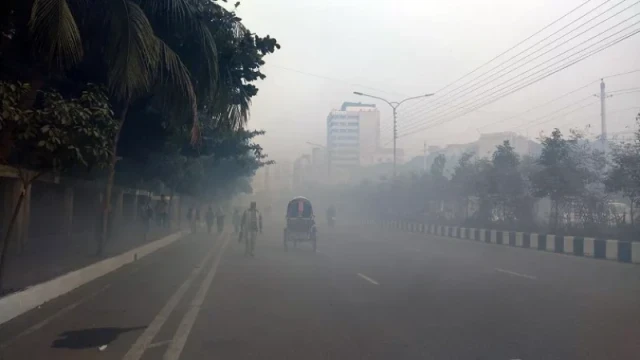
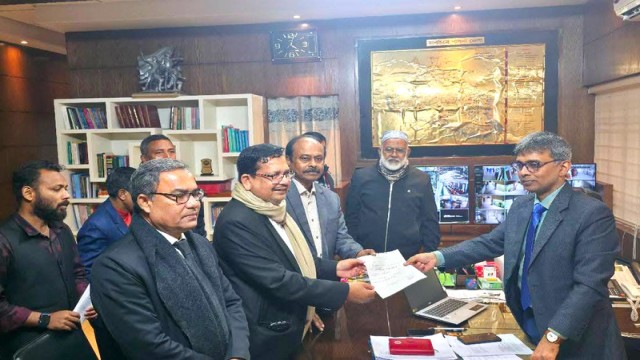
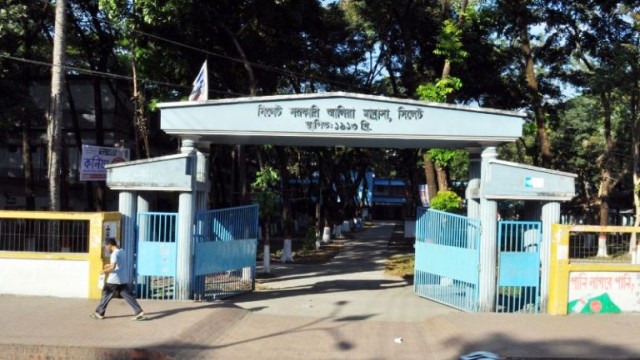
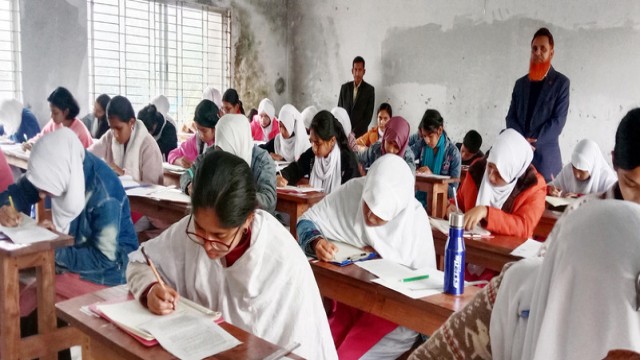
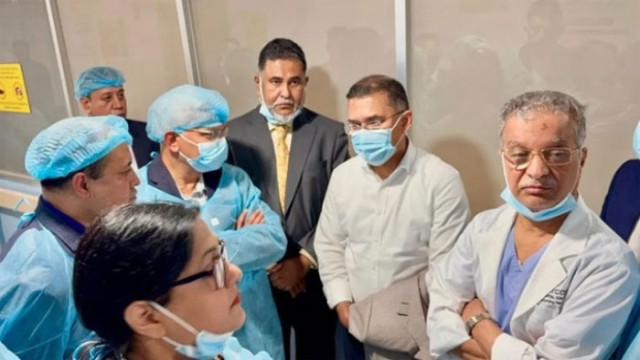



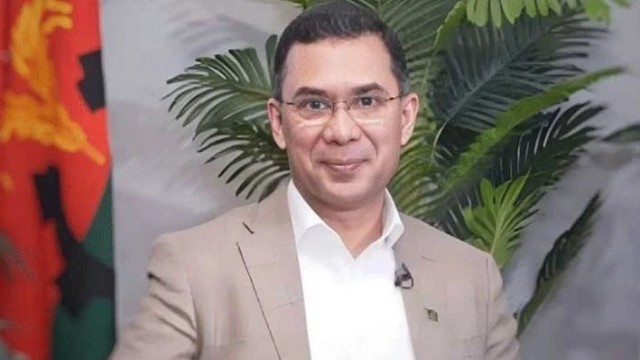
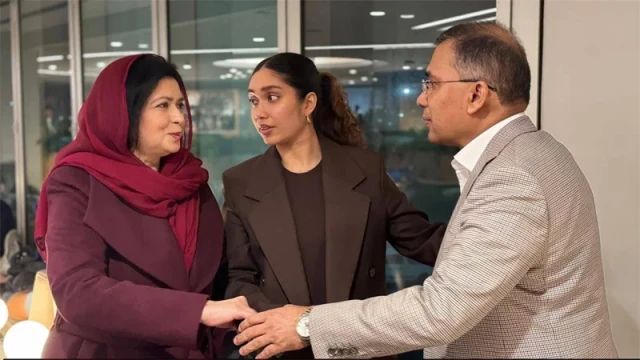
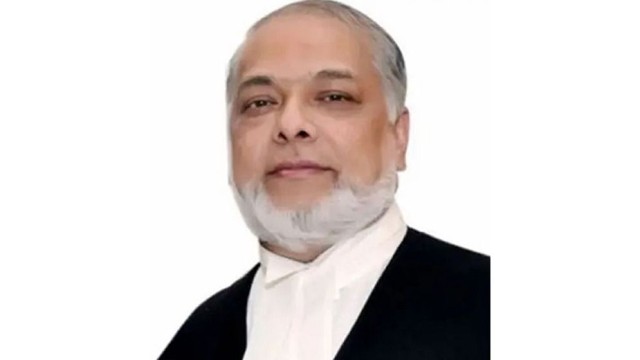

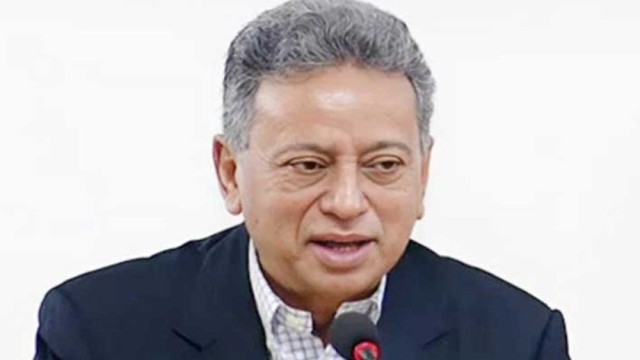
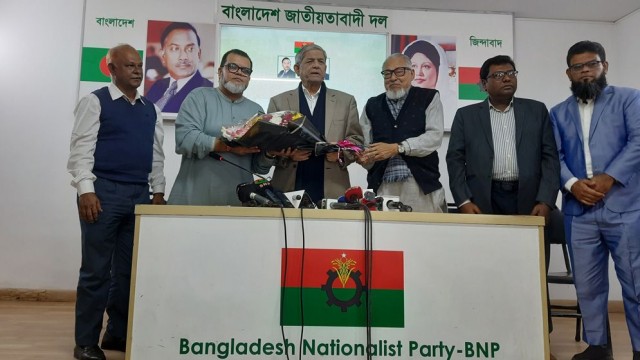
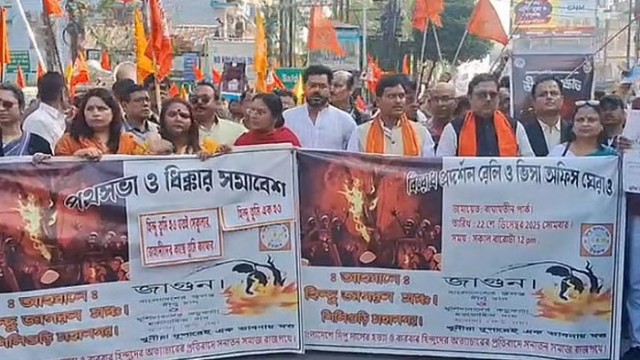
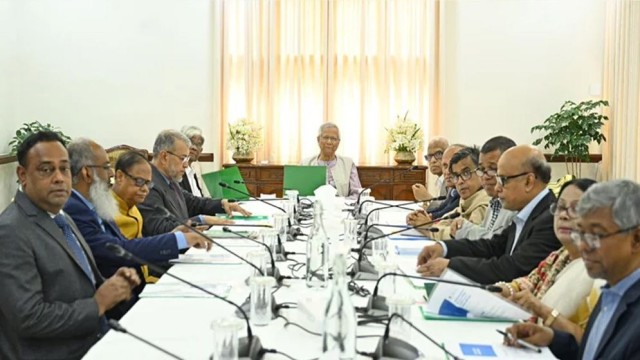
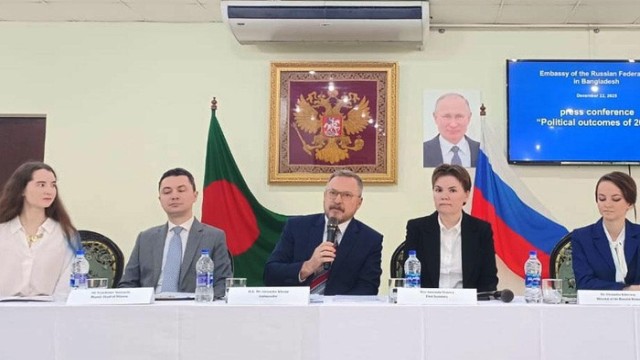
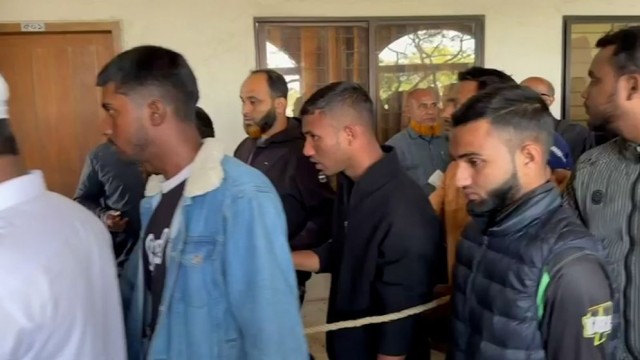
Comment: